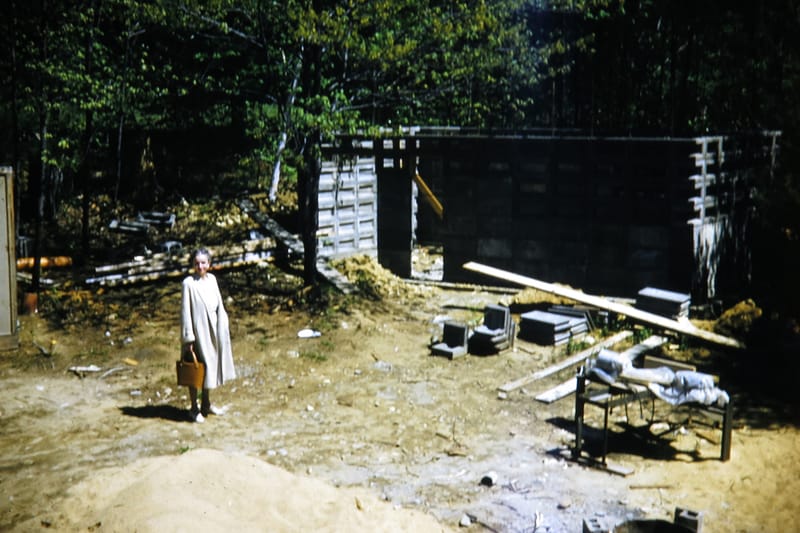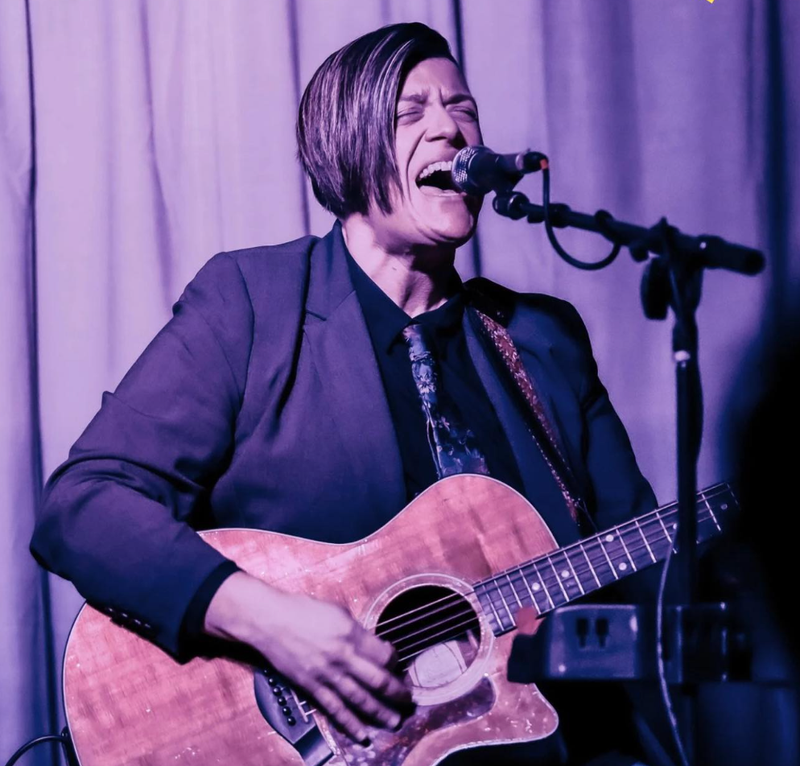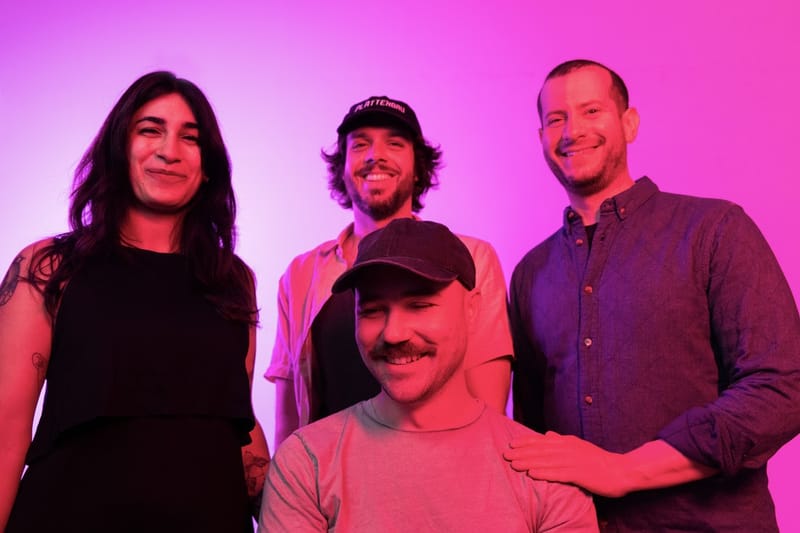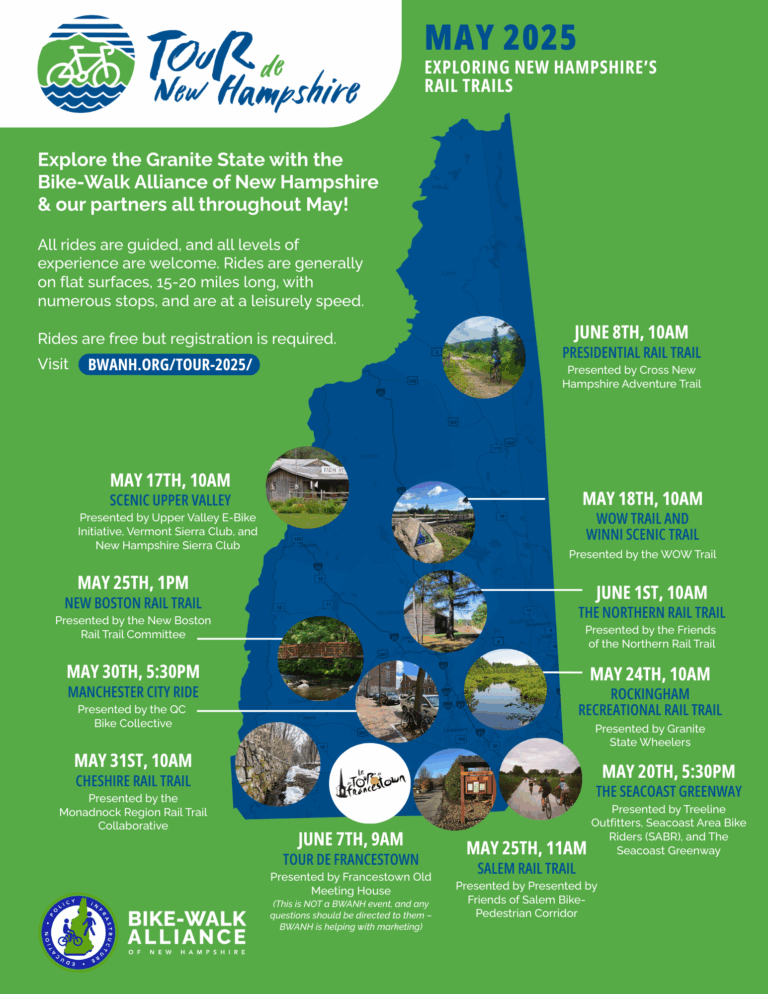Author Mia Mask, on restoring critical history of Black Westerns in American film culture
Last Wednesday, Manchester Public Library in conjunction with Ashland Public Library hosted Mia Mask, author of and professor of film at Vassar College, to talk about her new book, Black Rodeo: A History of The African American Western and how Black film pioneers started with a small and subtle voic
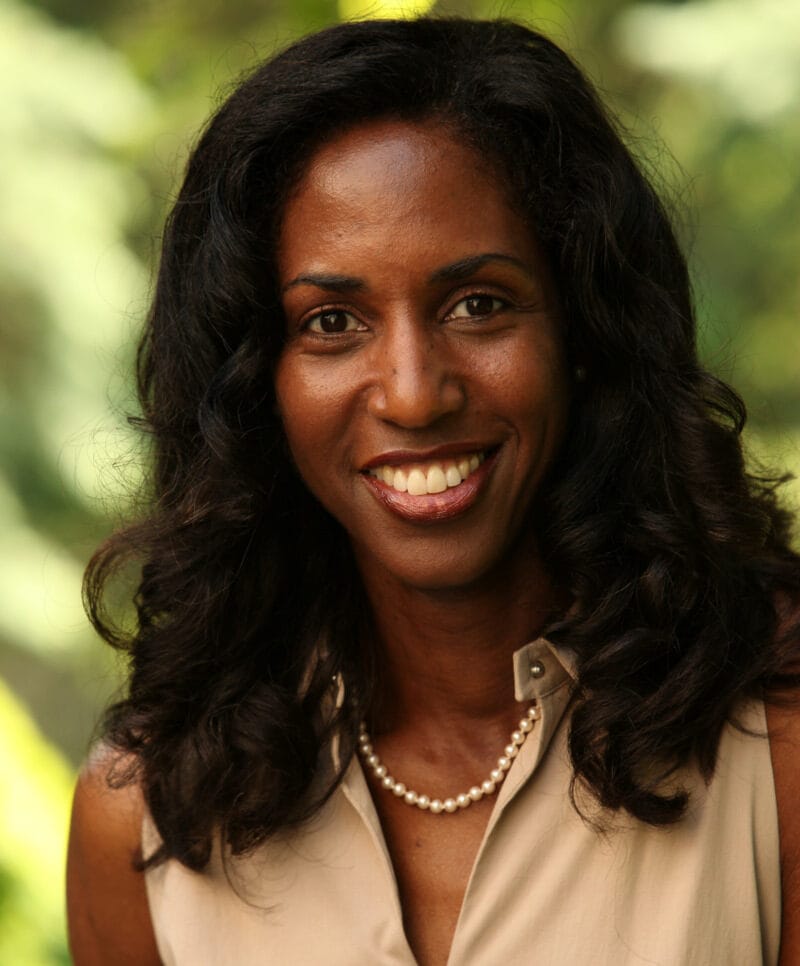

MANCHESTER NH – Last Wednesday, Manchester Public Library in conjunction with Ashland Public Library hosted Mia Mask, author of and professor of film at Vassar College, to talk about her new book, Black Rodeo: A History of The African American Western and how Black film pioneers started with a small and subtle voice and eventually grew to a cinematic force.
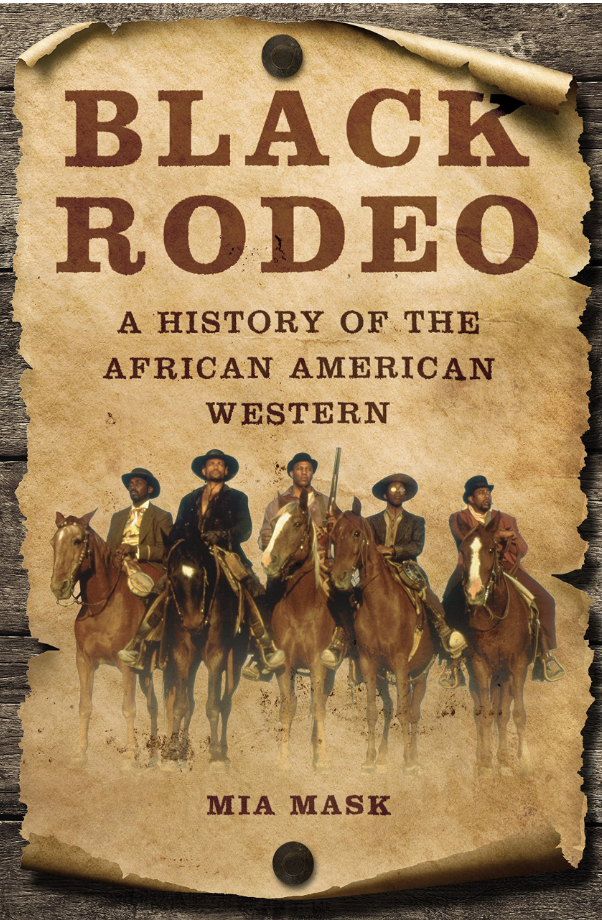
The Western is a quintessential part of American culture where the history of the West became larger than life; where figures set off in ordeals of manifest destiny and self-determination. But, Mask said, some filmmakers’ self-determination was celebrated more than others.
“When we’re talking about the Western genres we’re really talking about the reinterpretation of history into cinematic myth; dominant history is really told by those who have been in power,” Mask said.
“There had been the perception for so long that African-Americans had never been a part of shaping and settling the West,” Mask said.
But, that is false.
Mask said historians have been filling in the blanks about African-Americans in the West, the most well-documented being former U.S Cavalrymen and African-American populations doing menial labor on ranches in the West after the end of slavery.
“Ironically the history of how the West was won, how the West was settled, the image of the rugged, individualist American Cowboy has, for lack of a better term, been whitewashed, unfortunately,” Mask said.
The inspiration for her book, Black Rodeo, came from the Sidney Poitier International Conference and Film Festival where Mask was giving a presentation on her favorite Poitier film, The Buck and The Preacher. It caused her to continue to do research on the film and ask questions about the Western genre.
“So much is written about the Western genre, but very little had been written about Black Westerns … certainly none about contemporary Westerns,” she said.
Mask’s career is fueled by the need to fill the void in the field of cinema studies. Her earliest work, a book called Diva’s on Screen: Black Women in American Film, was a star study that told the stories of some of America’s most prominent Black actresses finally adding historical and industrial context to their work. She was hoping Black Rodeo would do the same.
Mask said she was surprised there wasn’t a lot of literature of African American film stars because there were so many in the early days of cinema. She proceeded to say all these names I’ve never heard; Paul Robeson, Oscar Micheaux, Bill Pickett and Nat Love some of the first African American actors and filmmakers; films that surprisingly had all Black casts, many that have been recognized, but not remastered or put to DVD like other filmmakers from the 1930s.
The talk was full of movie classics that you probably haven’t heard of: Buck and The Preacher, Sergeant Rutledge, The Bull Dogger, The Crimson Skull, Rio Contro, 100 Rifles; all movies any film buff would want to check out.
Mask said the African-American voice was confined to cult and exploitation cinema up until the ‘60s and early ‘70s when bigger mainstream studios started to allow African-Americans to lead the narrative and turn up the political volume in their films.
“It started with Sergeant Rutledge (1960) … Up until this point we hadn’t really had any African-American figures or cavalry officers headline in a film. He doesn’t speak that much, but he does have some monologues and statements where he speaks truth to power in an incisive way,” Mask said.
“There are moments in the film where he and the white female lead are waiting for help, where he’s injured and he talks about trying to stay alive and she says ‘I don’t see why there would be any problem with us being here together,’ she’s a white woman and he’s an African-American man, and she says ‘we’re just two people trying to stay alive’ and he says things like ‘Lady, you have no idea how hard I’m trying to stay alive,’ so there were these subtle critiques that made their way through in that film. It’s the beginning of a turning point,” she said.
Mask said the African-American Western gradually turned up the political volume from Jim Brown films all the way to when Buck and The Preacher turned the tables.
“Just as mainstream Westerns evolved and combined with other genres so have Black Westerns. They have changed in style and form and continued the tradition of presenting African-American perspectives on contemporary politics,” Mask said, citing modern films like The Learning Tree, Skin Game, Blazing Saddles, Rosewood, The Harder They Fall, Concrete Cowboy, and Nope.
Mia Mask and her book will give you plenty of titles and reasons to renew a passion for cinema and to dive into the African-American Western. “I have a whole list [of movies] from today,” Meena Jain, Director of the Ashland Public Library and host of the event, said.
If you are interested in Mask’s book a copy is available in the Manchester Public Library, where you can be on the lookout for more events like this one.
Below: Mia Mask talks about the inspiration behind her book via YouTube.


